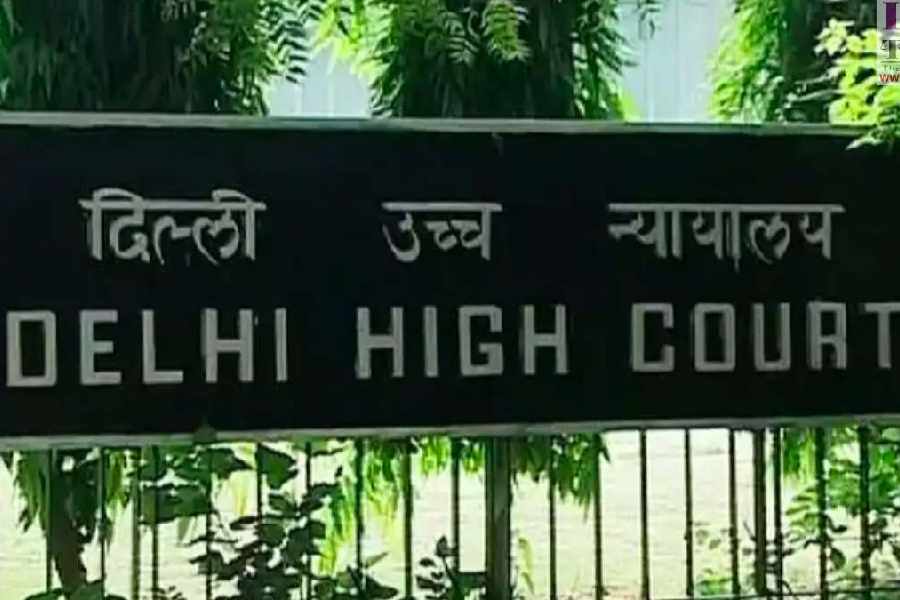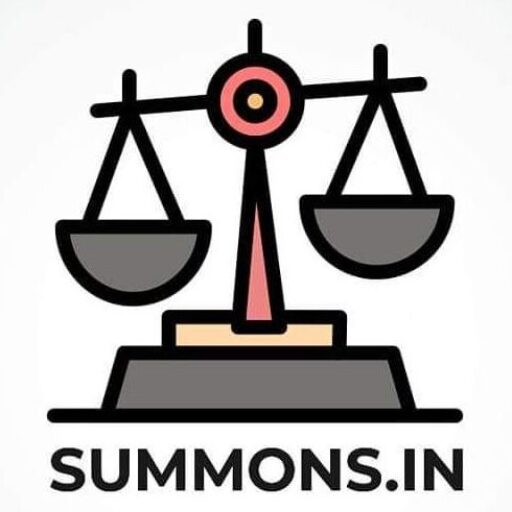
Lifestyle Equities C.V. & Anr. v. Amazon & Ors.
Date of the order :- 25.02.2025
I. Introduction
This lawsuit was initiated by Lifestyle Equities C.V. (LECV) and Lifestyle Licensing B.V. (LLBV) (“Plaintiffs”) against Amazon Technologies, Inc., Cloudtail India Pvt. Ltd., and Amazon Seller Services Pvt. Ltd. (“Defendants”). The Plaintiffs seek a permanent injunction and damages for alleged trademark infringement concerning their internationally recognized brand, Beverly Hills Polo Club (BHPC).
The Plaintiffs asserted that the Defendants have unauthorizedly used a mark that is identical or deceptively similar to the BHPC trademark, thereby violating their statutory and common law rights under the Trade Marks Act, 1999.
Key Allegations by the Plaintiffs
- Unauthorized Use of a Deceptively Similar Logo
- The Defendants’ logo is a direct imitation of the BHPC horse-rider logo, creating confusion among consumers.
- Willful Infringement & Intent to Profit from BHPC’s Goodwill
- The Plaintiffs alleged that the Defendants deliberately copied their logo to benefit from BHPC’s established brand recognition.
- Consumer Confusion & Brand Dilution
- By selling products under a similar logo, the Defendants misrepresented their products as BHPC’s, leading to brand dilution and economic loss.
- Discovery of the Infringement in May 2020
- The Plaintiffs discovered the unauthorized sale of infringing products on www.amazon.in in May 2020 and, upon purchasing the items, confirmed that the horse logo was a blatant copy of BHPC’s trademark.
- Violation of the Trade Marks Act, 1999
- The Plaintiffs argue that the Defendants’ actions constitute trademark infringement under Sections 29 and 30 of the Trade Marks Act, 1999, and amount to passing off, causing irreparable damage to the BHPC brand.
1. Jurisdiction & Parties Involved
The Court first established its jurisdiction, considering that the infringing goods were being sold in India. Defendant No.1 (Amazon Technologies Inc.) was aware of the proceedings but chose not to participate, which the Court viewed as an attempt to evade scrutiny. Defendant No.2, who had licensed the disputed mark, admitted liability early on, but the role of Defendant No.3 (Amazon India) remained crucial in the discussion.
2. The Infringement & The ‘Triple Identity Test’
The Plaintiff argued that the Defendants’ use of a horse-based logo on apparel was a direct copy of its well-established BHPC (Beverly Hills Polo Club) trademark. The Court applied the Triple Identity Test, which looks at:
- Similarity of the mark – The horse logo was strikingly similar to BHPC’s mark.
- Similarity of goods – Both parties were selling clothing under their respective marks.
- Overlapping consumer base and trade channels – The products were sold through Amazon, targeting the same set of buyers.
Given this, the Court found a clear case of trademark infringement.
3. Liability of E-Commerce Platforms
A key issue in the case was Amazon’s role as a platform. Could it simply argue that it was a neutral intermediary, or was it actively involved in the sale of infringing products? The Court took a strong stance, recognizing that:
- Amazon’s private label strategy blurred the lines between a mere platform and an active seller.
- The defendants operated as a unified commercial entity rather than separate businesses.
- Amazon’s parent company (Defendant No.1) deliberately distanced itself from legal liability while still profiting from sales.
The Court spurned the Amazon’s point and held the company accountable for its role in the infringement.
4. Assessment of Damages
The Court then moved on to the crucial issue of how much compensation should be awarded. It categorized damages into three types:
- Notional damages – For situations where the exact financial loss isn’t easy to prove.
- Compensatory damages – To reimburse the Plaintiff for lost sales and business harm.
- Punitive damages – To deter blatant, willful infringement.
5. How the Court Calculated Compensation
The Court considered several factors:
- The huge price difference between the counterfeit goods and the Plaintiff’s authentic products.
- The fact that Amazon’s actions diluted the brand value of BHPC, causing long-term harm.
- Expert testimony that online sales of fakes can permanently damage consumer trust.
- The Plaintiff’s loss of licensing revenue, as it would have earned royalties if the sales had been legitimate.
After weighing all these aspects, the Court awarded damages that reflected the financial impact and the willful nature of the infringement.
6. Hon’ble High Court’s Verdict: A Landmark Judgment
After evaluating the evidence, the Delhi High Court decreed in favor of the plaintiffs, granting:
✅ Permanent Injunction – Defendant No.1 is permanently restrained from using the infringing trademark in any manner.
✅ ₹336 Crore in Damages – The court awarded $38.78 million (₹336,02,87,000/-) in damages to the plaintiffs. If paid within three months, no interest applies. If delayed, 5% interest per annum will be levied until full realization.
✅ ₹3.23 Crore in Litigation Costs – The defendant must also pay ₹3,23,10,966.60/- in legal fees and court costs.
7. Hon’ble High Court’s Key Observations
The Delhi High Court took several factors into account while determining liability and damages:
1️⃣ E-Commerce & Consumer Behavior – Buyers rely heavily on product images, making it easier for counterfeiters to deceive them.
2️⃣ Indistinguishable Logos – The infringing logo was nearly identical to the plaintiffs’ registered mark, creating confusion.
3️⃣ Triple Identity Test – The products, consumer base, and logos were all identical, fulfilling the “triple identity” standard for trademark infringement.
4️⃣ Brand Dilution & Negative Impact – Counterfeit products sold at low prices could cause consumers to lose trust in the brand, associating it with poor quality.
5️⃣ Industry Expert Testimony – A key witness (PW-5) emphasized that online counterfeiting has led to brand extinction in several cases, highlighting the devastating impact of unchecked infringement.
8. The Big Takeaways from This Judgment
- E-commerce platforms can’t hide behind the “we’re just an intermediary” defense when they are actively involved in selling or promoting infringing goods.
- Amazon’s attempt to shift liability through corporate structuring didn’t work—the Court looked at substance over form.
- Damages in trademark cases can go beyond just lost sales; they include brand reputation damage and loss of goodwill.
- Punitive damages may be imposed in cases where the infringement is deliberate and the defendant tries to evade responsibility.
9. Final Thoughts: A Warning to Trademark Infringers
This judgment is a game-changer in Indian intellectual property law. The Delhi High Court has set a precedent for awarding massive damages in trademark infringement cases, signaling a zero-tolerance policy toward counterfeiting.
🔹 For brand owners: Stay vigilant and proactively enforce your IP rights.
🔹 For consumers: Be cautious while shopping online—if the deal seems too good to be true, it probably is.
🔹 For online sellers: Trademark infringement can cost you hundreds of crores—don’t take the risk!
This case is a clear message to online marketplaces—if you profit from infringing products, you can be held accountable.
#trademark #infringement #trademarkinfringement #intermediary #amazon #delhi #highcourt #court #ecommerce #website #marketplace #landmark #order #judgment #damages
For Legal Consultation contact us
9891800100
